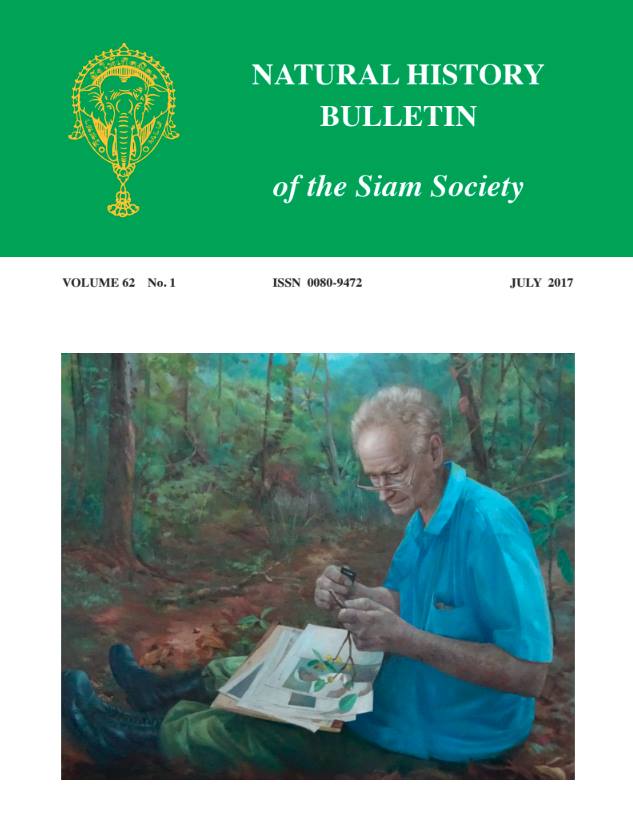Economic Importance of Oleoresin (Dipterocarpus alatus) to Forest-Adjacent Households in Cambodia
Main Article Content
Abstract
The genus Dipterocarpus is the main source of marketable liquid oleoresin, which is important as a source of income for forest communities in Southeast Asia. However, deforestation and illegal as well as legal logging pose a threat to resin yielding species (Dipterocarpus spp.). There is still more to be learned about resin yield, harvest techniques, and the importance of resin to local livelihoods. This study quantifies yields from one of the most intensively tapped resin species, Dipterocarpus alatus, and estimates household incomes from resin extraction in Cambodia. A total of 43 resin tappers were interviewed and 100 resin trees were measured to examine factors affecting resin productivity. Forest-adjacent households were highly dependent on resin extraction for cash income. Households spent an average of 105 days annually on resin extraction. The mean annual household gross-income derived from liquid resin was USD 3,236. Solid resin contributed only a small part of household incomes except for the most remote and isolated village, Spong, in which solid resin contributed significantly to the gross-income. Resin trees yielded an average of 18 liters of oleoresin per year according to interview findings, and yield was positively correlated with the size and health of the tree, and with proximity to watercourses. Finally, yield was influenced by season and condition of the tapping-hole.


